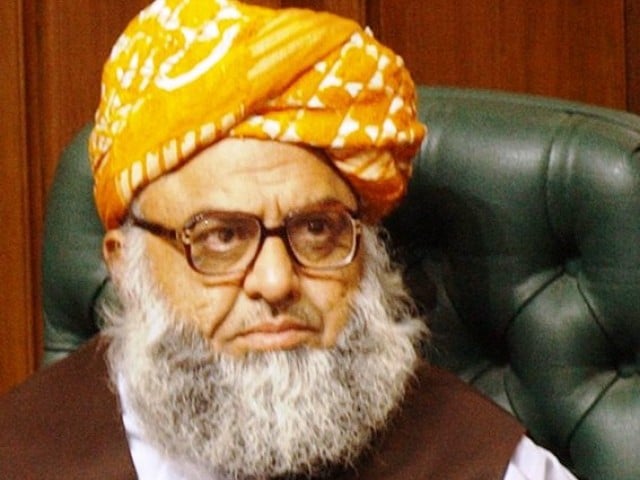French President Emmanuel Macron and Indian Prime Minister Narendra Modi embarked on a diplomatic visit to southern France on Wednesday, strengthening bilateral ties in what Paris views as an alternative approach to global power dynamics.
Macron hosted Modi for dinner in the scenic town of Cassis on Tuesday. The following day, the leaders visited the Mediterranean coast and Marseille, France’s second-largest city.
The day began with a tribute to Indian soldiers who lost their lives in France during World War I at the Mazargues military cemetery in southern Marseille. Following this, they inaugurated India’s new consulate general in the city, an event that attracted a gathering of enthusiastic Indian supporters.
The leaders then turned their attention to economic discussions, visiting the headquarters of CMA CGM, a leading global sea freight company.
A major focus of their discussions was the India-Middle East-Europe Economic Corridor (IMEC), a railway and maritime trade route designed to connect India to Europe via the Middle East, positioning itself as an alternative to China’s Belt and Road Initiative.
Highlighting the importance of the project, Macron stated, “Marseille can serve as a gateway to the entire European market.” He had earlier lauded IMEC as a “tremendous catalyst” for fostering investments and economic growth at a French-Indian business forum.
Paris is also keen on expanding defense ties with India, seeking to sell Rafale fighter jets to the Indian Navy and Scorpene-class submarines. Additionally, France aims to enhance collaboration in nuclear energy, particularly in the development of small modular reactors (SMRs).
Strengthening Scientific Cooperation
Macron and Modi also visited the International Thermonuclear Experimental Reactor (ITER) in Saint-Paul-les-Durance, an ambitious global initiative focused on nuclear fusion energy. The project, which involves France, India, the United States, China, and Russia, symbolizes international cooperation despite geopolitical tensions.
“These nations may have political differences, but within ITER, they work side by side,” said Pietro Barabaschi, the facility’s director-general. “Here, nationality takes a back seat to scientific progress,” he told AFP.
Modi’s visits to France have often coincided with significant events, including the Bastille Day parade in 2023 and the recent French-led summit on artificial intelligence.
Macron emphasized that strengthening ties with India aligns with France’s strategic goal of maintaining independence from global superpower rivalries. “India and France are both major powers. We seek to engage with the United States and China, but we do not wish to be dependent on anyone,” he remarked on French television.
A former French government minister, speaking anonymously to AFP, stated that Macron had keenly recognized Modi’s geopolitical approach. “Modi, as a leader of an emerging power, has carefully balanced relations with the U.S., China, and Russia,” the minister noted.
Balancing Diplomacy with Political Realities
Despite the diplomatic successes, some analysts caution that Macron’s close engagement with Modi carries political risks. Modi has faced criticism for his nationalist policies and allegations of authoritarian governance.
Bertrand Badie, an international relations expert at Sciences-Po University, observed that France has long positioned itself as a mediator between the Global North and South. However, he noted, this diplomatic stance may require Macron to overlook controversial aspects of Modi’s domestic policies.
After concluding his engagements in France, Modi departed for Washington, where he was scheduled to meet U.S. President Donald Trump.


